Managing Seasonal Allergies: 8 Essential HVAC Tips for Homeowners
As the seasons change here in Chattanooga, so do the allergens in our air, which can trigger sneezing, congestion, and other uncomfortable symptoms. By circulating and filtering the air inside your home, your HVAC can help remove these allergens and create a healthier indoor environment. However, without proper maintenance and care, HVAC systems can exacerbate allergy symptoms by spreading allergens, including mold, throughout the home.
In this guide, we'll explore 8 essential HVAC tips that can help you overcome the sniffles this allergy season.
1. Change filters regularly:
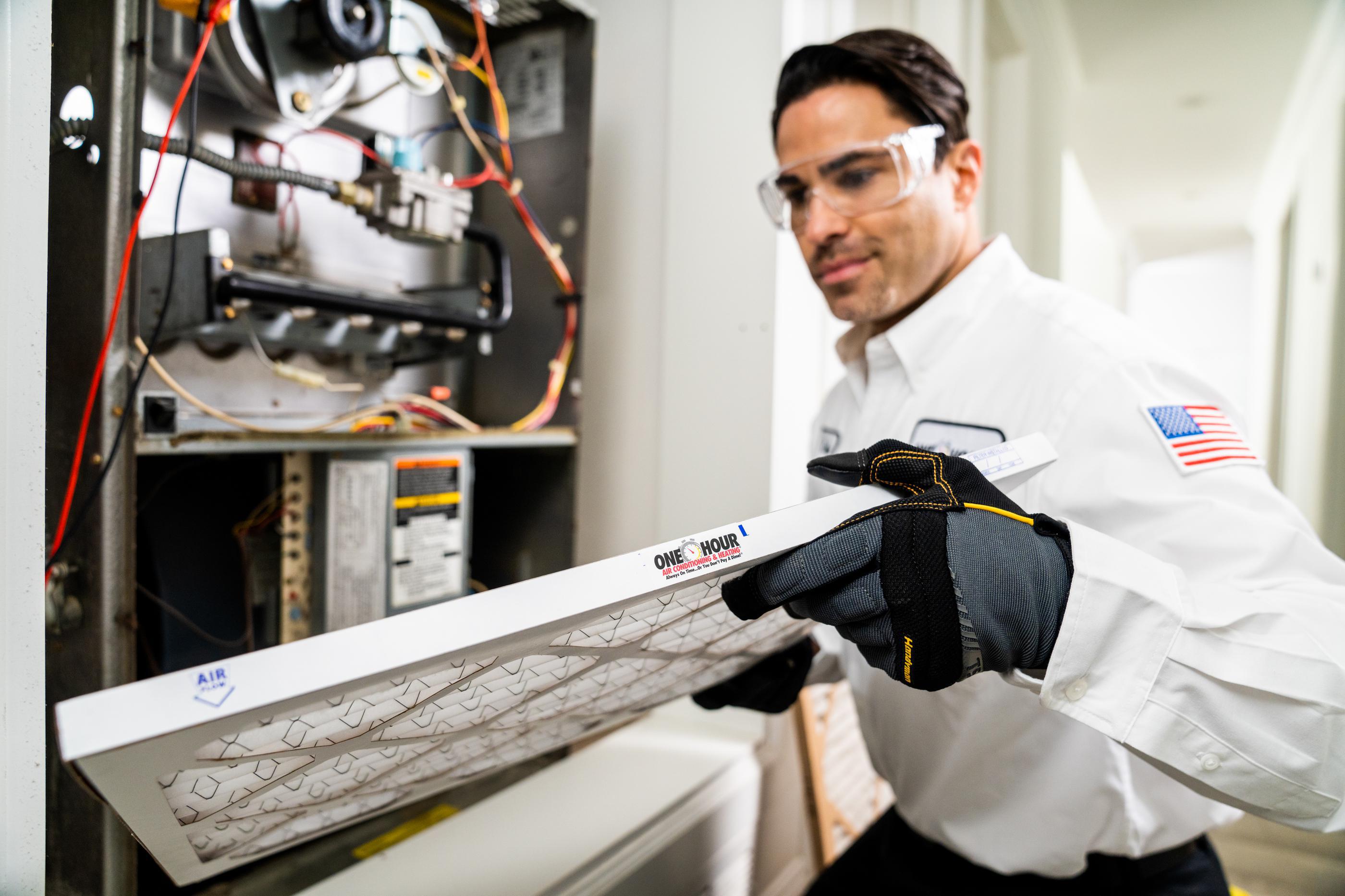
The air filter in your HVAC system serves as the first line of defense against airborne allergens. Over time, these filters become clogged with dust, pollen, and other particles, which reduces their effectiveness. To ensure optimal performance, it's essential to replace the filter regularly. If you have pets in the home or are particularly sensitive to seasonal allergies, it is best to change the filter every 1-3 months.
2. Choose the right filter for your needs:
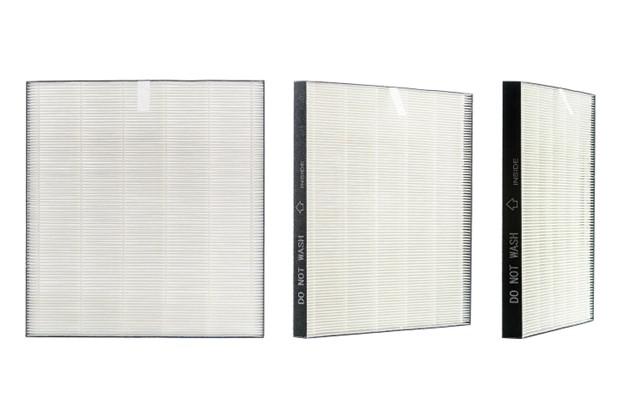
If you suffer from seasonal allergies or are sensitive to allergens like pet dander, the type of filter you use for your HVAC can make a significant difference. Consider using high-efficiency particulate air (HEPA) filters, which are specially designed to capture small particles, including allergens.
3. Ensure proper ventilation:

Proper ventilation is a key factor in reducing indoor allergens and maintaining indoor air quality. Make sure your HVAC system is properly ventilated to allow for adequate airflow throughout your home. If air is not properly circulating through your filters, allergens are not being filtered out.
4. Schedule regular HVAC Maintenance:
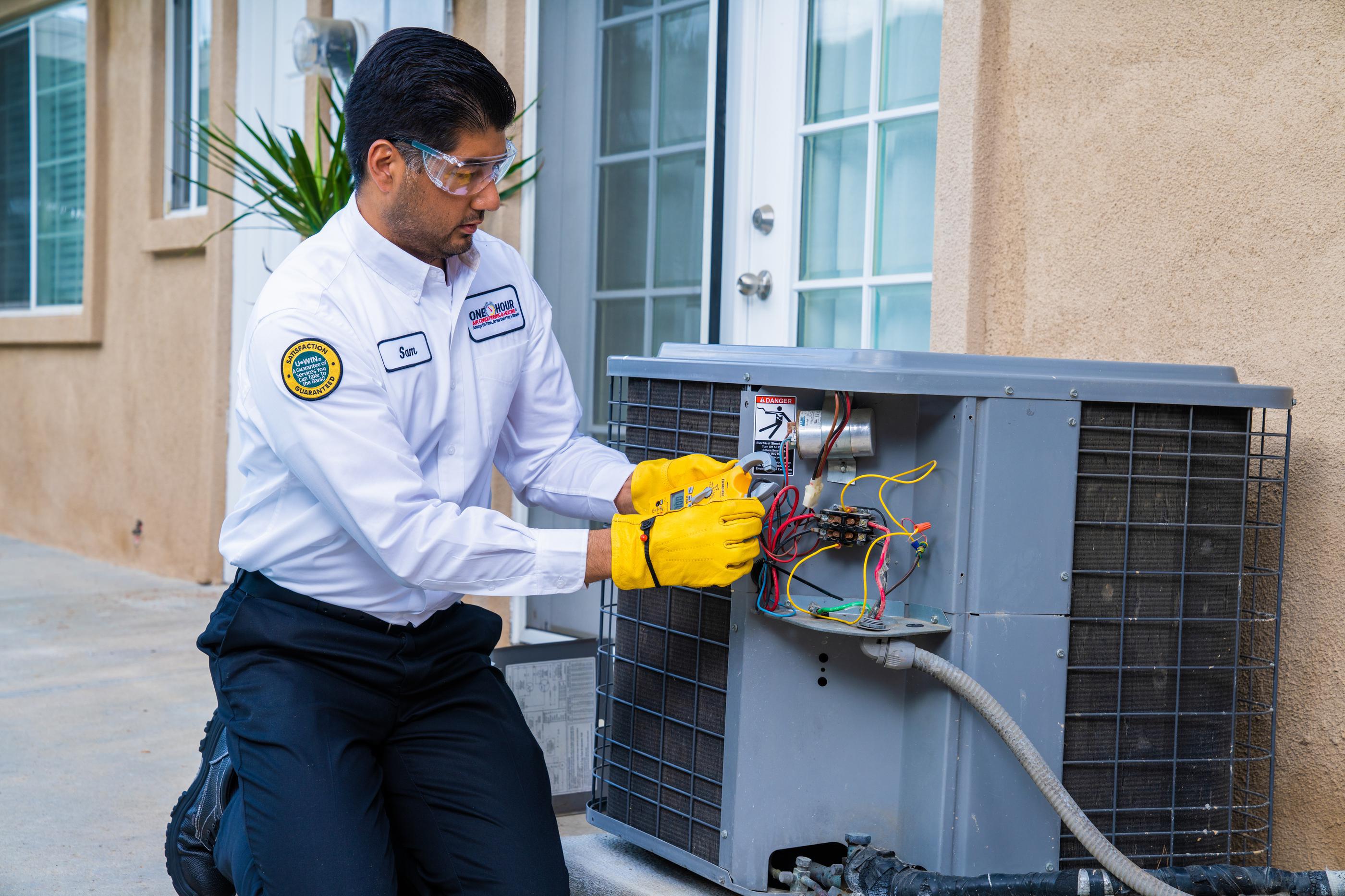
Regular maintenance is important for keeping your HVAC system running smoothly and efficiently. Annual inspections and tune-ups with a qualified HVAC technician help ensure that your system is functioning properly. During these inspections, the technician will check for any issues, clean the system components, and make a plan for necessary repairs to prevent potential problems and keep airborne allergens at bay.
5. Manage humidity levels:
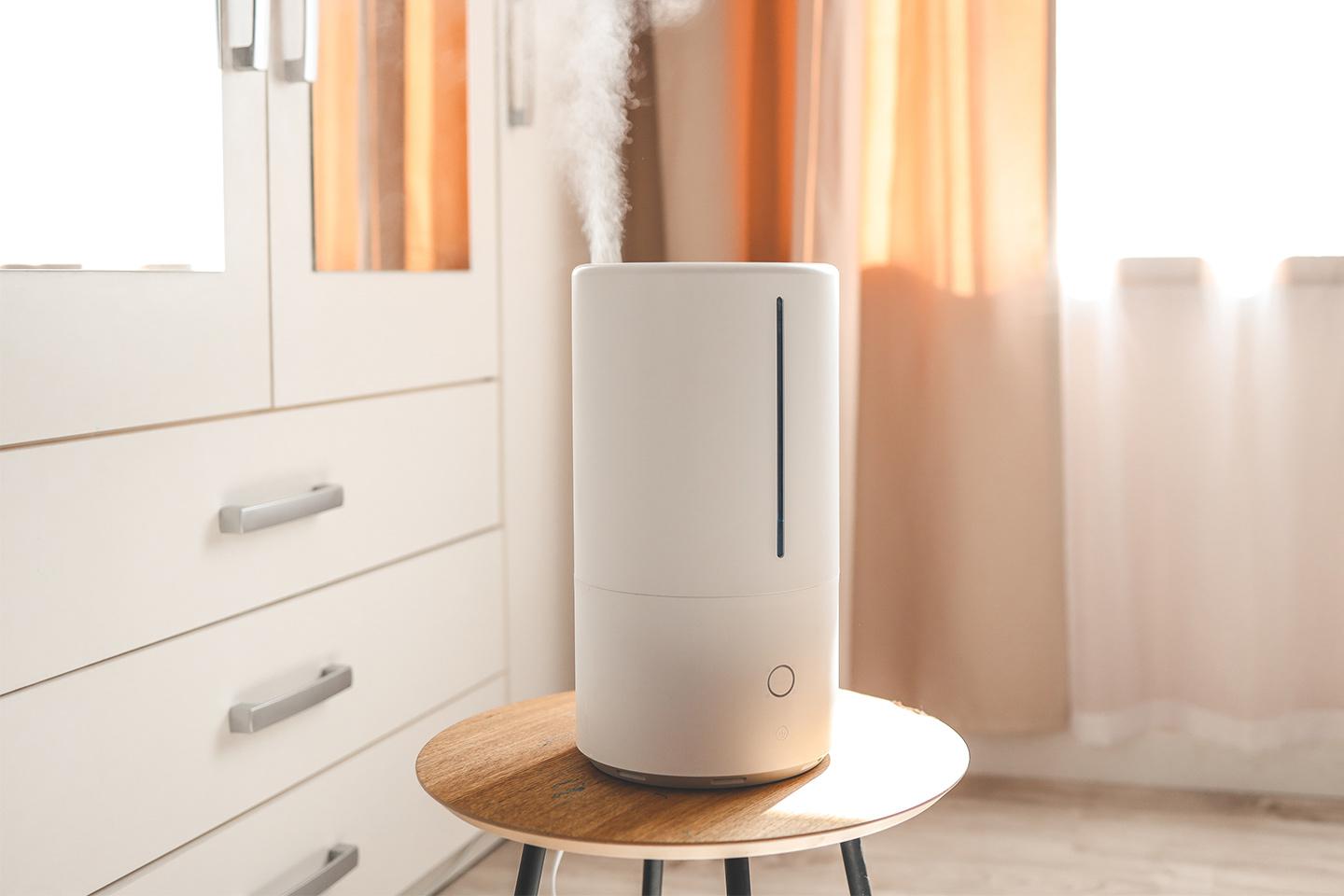
Maintaining the right humidity levels in your home can help alleviate allergy symptoms. Aim for indoor humidity levels between 30% and 50% to discourage bacterial growth and reduce dust mites. Use a dehumidifier in damp areas such as basements and crawl spaces, and consider investing in a humidifier to add moisture to the air during dry winter months. Think about installing exhaust fans in bathrooms and kitchens to remove excess moisture, which can cause bacteria, like mold, to grow in the home and in air vents and impede the flow of clean air.
6. Seal Air Leaks:
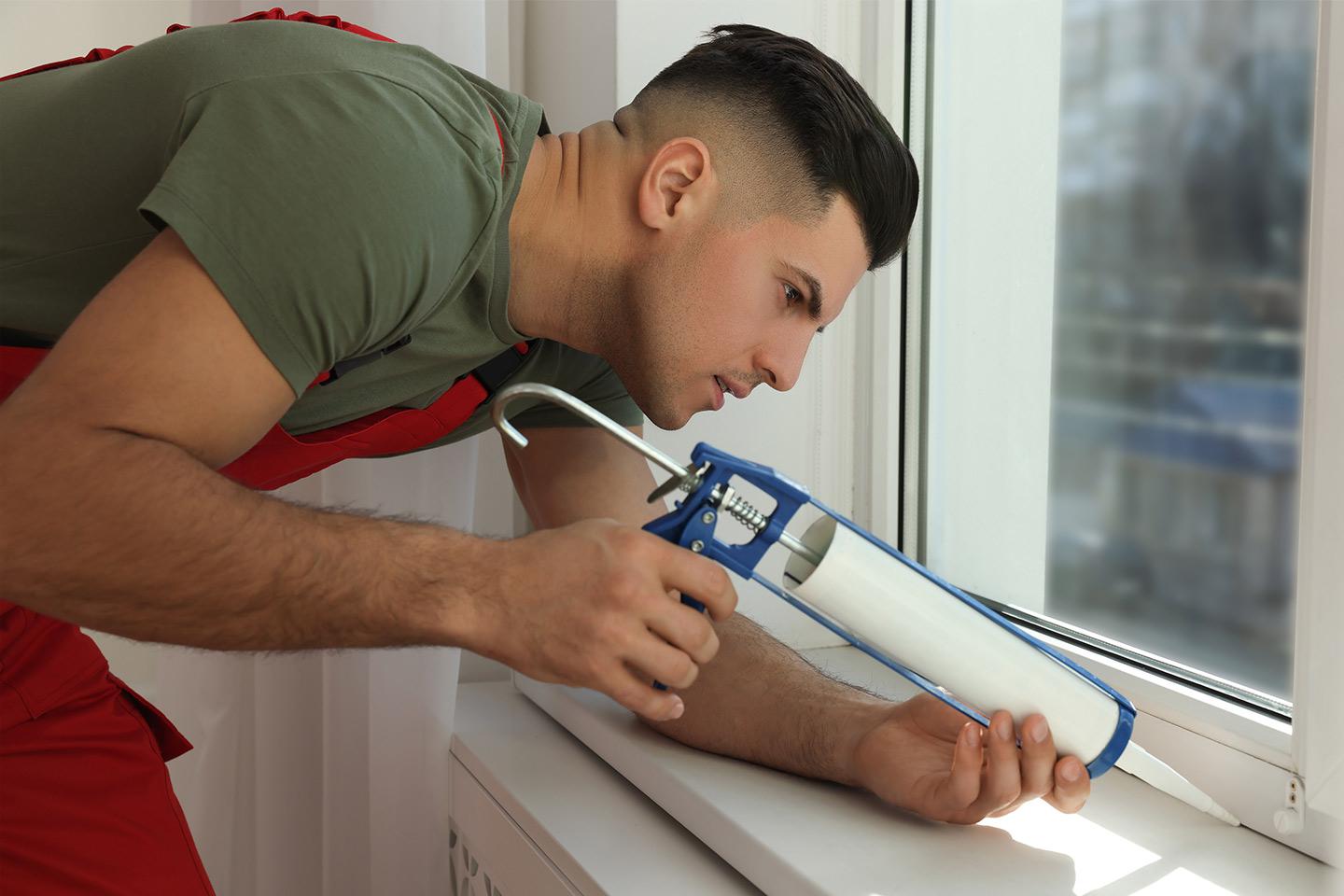
Air leaks in your home can allow outdoor allergens to infiltrate your indoor space. Inspect doors, windows, and ductwork for any gaps or cracks, and seal them with caulk or weatherstripping as needed. By sealing air leaks, you can prevent allergens from entering your home and improve the overall efficiency of your HVAC system.
7. Professional Duct Cleaning:
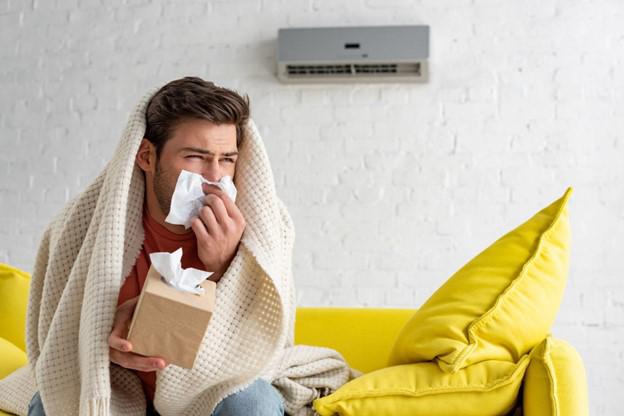
Dust, pollen, and other allergens can accumulate in your HVAC ductwork, and this can impede airflow and increase the spread of allergens throughout your home over time. Hire a professional HVAC maintenance service to remove built-up debris and improve indoor air quality. Professional duct cleaning is especially beneficial for homeowners with allergies or respiratory issues, as it can significantly reduce allergen exposure.
8. Minimize Indoor Pollutants:
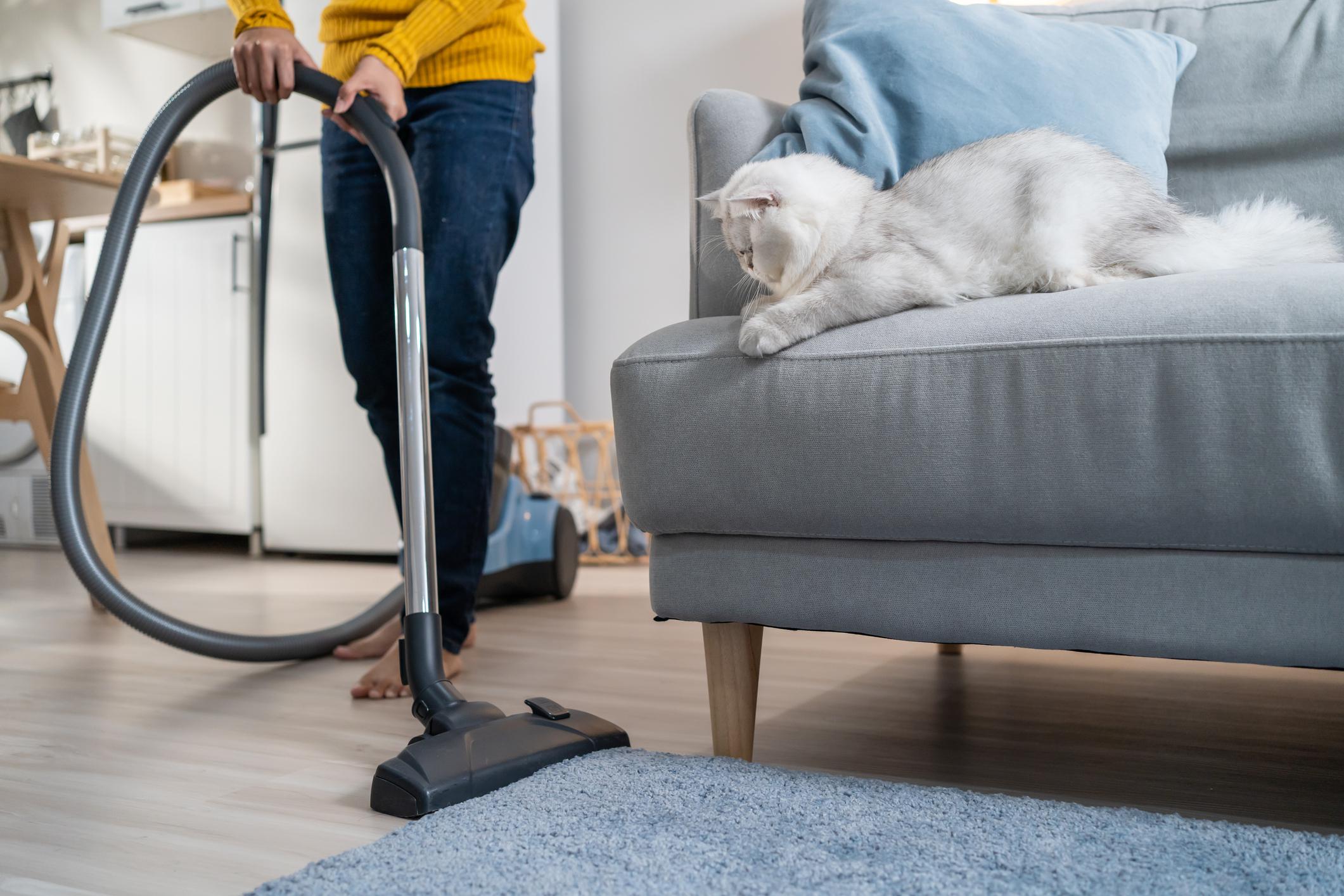
In addition to outdoor allergens, indoor pollutants such as pet dander, dust mites, and tobacco smoke can exacerbate allergy symptoms. Take steps to minimize indoor pollutants by vacuuming and dusting regularly, washing bedding in hot water, and keeping pets out of bedrooms. If you smoke, consider quitting or smoking outdoors to prevent indoor air contamination.
Seasonal allergies can make life miserable for homeowners, but with proper HVAC maintenance and care, you can minimize allergen exposure and enjoy a healthier indoor environment as we move into the summer months. Remember to stay proactive with maintenance and seek professional help when needed to ensure that your HVAC system operates efficiently and effectively. With the right approach, you can conquer seasonal allergies and reclaim your comfort at home.















